“The public [has] a right to know”: CPD transparency in question with switch to encrypted radio
A police officer in Millennium Park speaks with park visitors. The Chicago Police Department (CPD) has already transitioned six of their nine radio zones to being digitally encrypted.
Chicago reporters will no longer be relying on live police scanners to chase crime stories, but rather, a delayed broadcast that will be available to the public by the end of the year.
The scanner feed will still be available with a 30-minute delay on Broadcastify, an online live audio platform owned by Lindsay Blanton III that is free to the public.
David Struett, a recently promoted SunTimes reporter who worked at the wire desk for four years, said his job relied on listening to the police scanner to report breaking news happening in the city in real time. According to Struett, he was able to use the scanner to identify trends that often lead to larger investigations.
“So much of what we do depends on knowing what’s happening in real time,” Struett said. “Losing that access would inhibit our reporting because we would be late to the scene…and depending more on what the police share.”
The Chicago Police Department (CPD) has already begun the transition to moving all of its radio communications to digitally encrypted channels. Zone 9, which covers the Calumet and Morgan Park police districts, is the first zone to become completely encrypted as of May 12. The department has encrypted six out of the nine radio zones in the city and has yet to release the exact dates the remaining zones will be transitioned.
The movement to encrypted police radio communications has affected major cities across the country like Denver; San Francisco; San Jose, Calif.; and Louisville, Ky. Chicago began the process to encrypt radio transmissions in 2017 starting with zones in the South Side, and will be fully encrypted by the end of this year.
In 2019, Denver officially transitioned to encrypted radio communications without providing a means for the media to acquire access. Two years later, Colorado state congress passed legislation to give reporters access to radio transmissions, but the news organization and police department could not reach an agreement, so the media remains without access.
Jeffrey A. Roberts, executive director at the Colorado Freedom of Information Coalition (CFOIC), has been pushing for the reinstatement of media access to police scanners in Denver and Aurora, Colo. According to Roberts, lack of access to this instrumental tool in breaking news reporting is inhibiting reporters’ ability to hold the police accountable and adequately inform the public.
“That’s been the issue here,” he said. “When they go silent and encrypt all their radio communications, it’s a roadblock to letting news organizations adequately inform the public.”
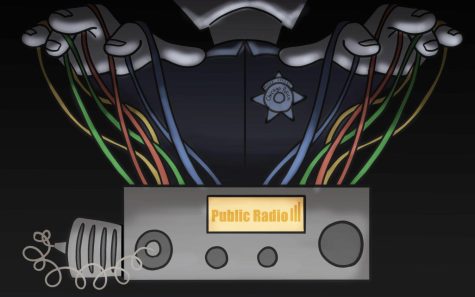
Rhonda DeLong, a certified police officer since 1985 and criminology professor at DePaul, said this transition may worsen transparency concerns between Chicago police and the public in the coming months.
“In a large city like Chicago, I think it is really important that we do have transparency, so people can listen and know what’s going on,” she said. “That’s been the push to help reunite the community and the police again, but something like this will deepen that divide, [because when] blue-walled silence grows larger, people develop more mistrust.”
Reporters are worried working with a 30-minute delayed broadcast will affect their ability to report on events while they are happening in the city.
“It’s our job to find out what’s happening and report on what’s important for the community… [and] having access to the scanner traffic helps you respond in real time,” Struett said. “[Witnesses] may be gone because there’s a delay.”
In Colorado, Roberts said reporters are forced to rely on alternative means to determine where and when crimes are happening.
“You have to rely on the tweets, press releases… and you don’t have the ability to go back and listen to how the events played out,” he said. “[Reporters] are at the mercy of the agency to give access to news organizations.”
According to the Office of Emergency Management and Communications, one of the reasons the city is transitioning to encrypted radio communications is because of concerns for police safety and the misuse of access to scanners.
“There are safety concerns when people have scanners, [but regardless], accommodations should be made for the media,” DeLong said.
In DeLong’s experience as an officer, she said the police department should have gotten community input before making a decision that impacts the entire city.
“I’ve seen this happen before with police departments, where they think they’re the experts on everything, but unless we have the community behind us…we can’t be successful,” she said. “Police officers are public servants, we have to remember that, so input from the community is essential.”
According to Struett, even though many major cities across the country have been making this transition, he questions whether it is the right one for Chicago.
“The public does have a right to know,” Struett said. “For decades it’s been like this, and to suddenly close it off without a good explanation [is concerning].”


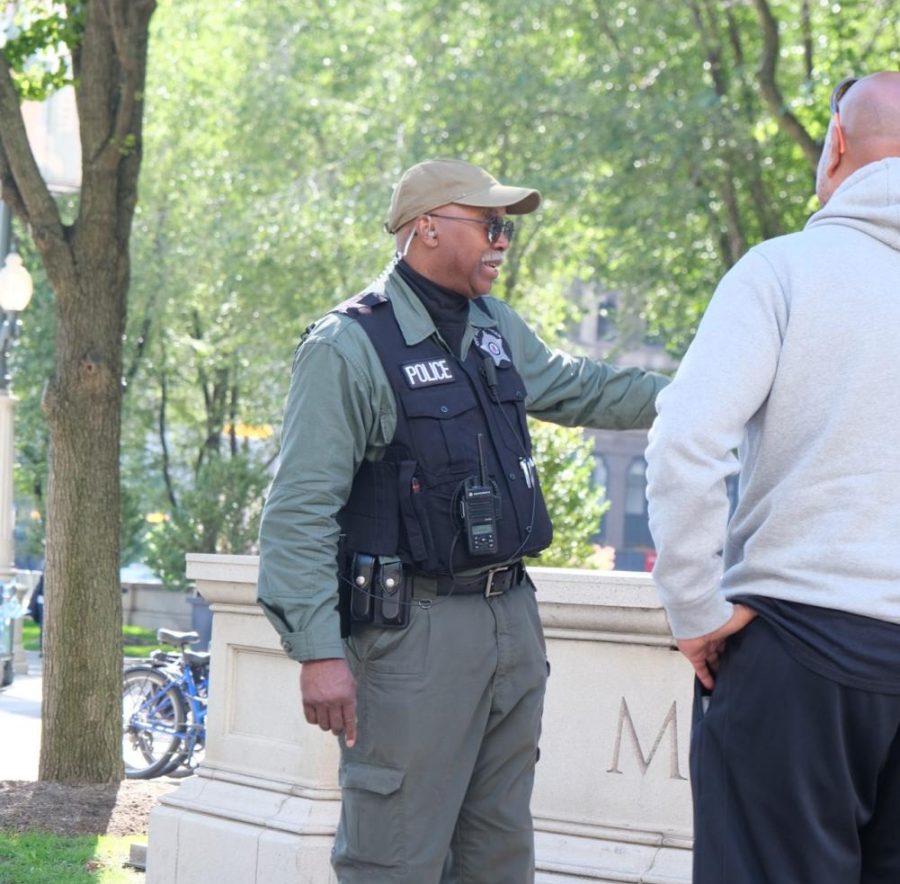
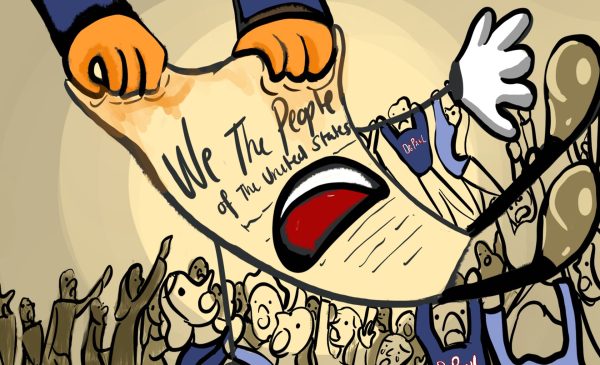
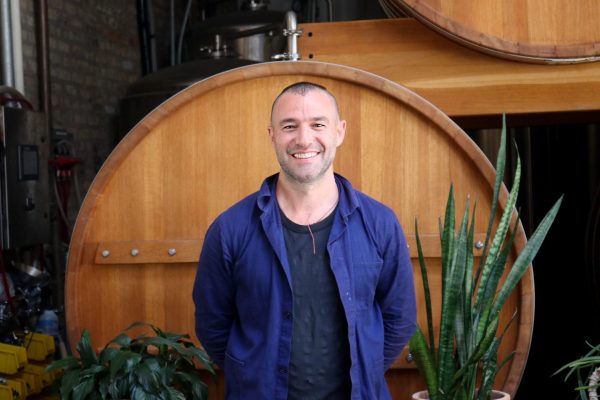

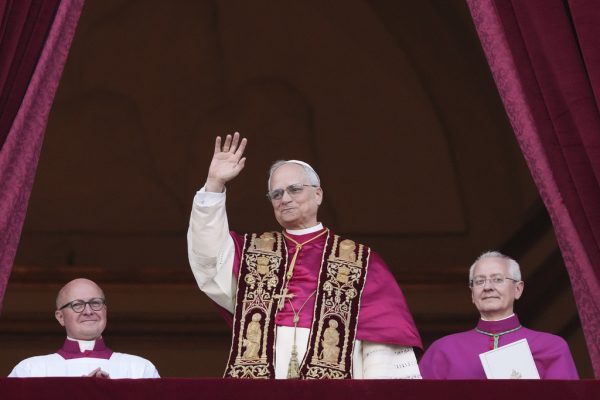
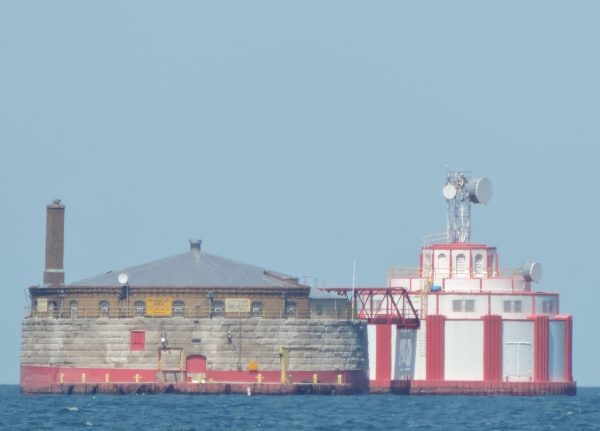
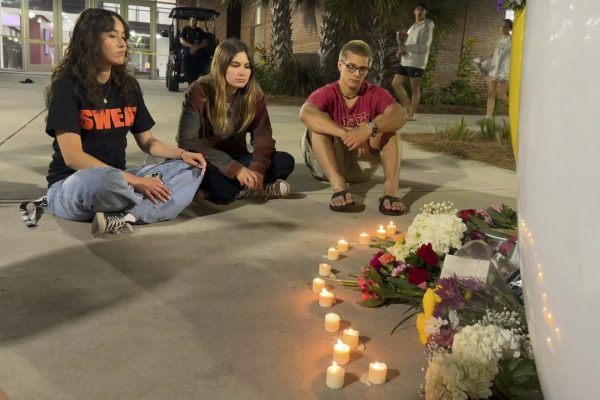
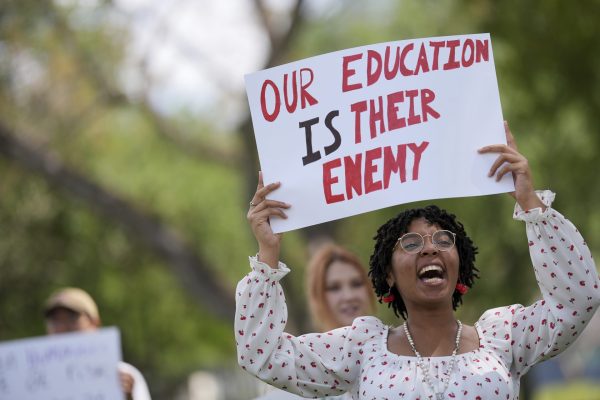

Anthony Kuta • Oct 3, 2022 at 9:09 am
This helps Lightfoot deny that there is a major crime wave going on in the city of Chicago. It also reveals just how short the Chicago Police Dept. Is in manpower. Citizens listening to the scanner can hear the dispatchers declaring the “no cars available” all night long and in every district in the city.